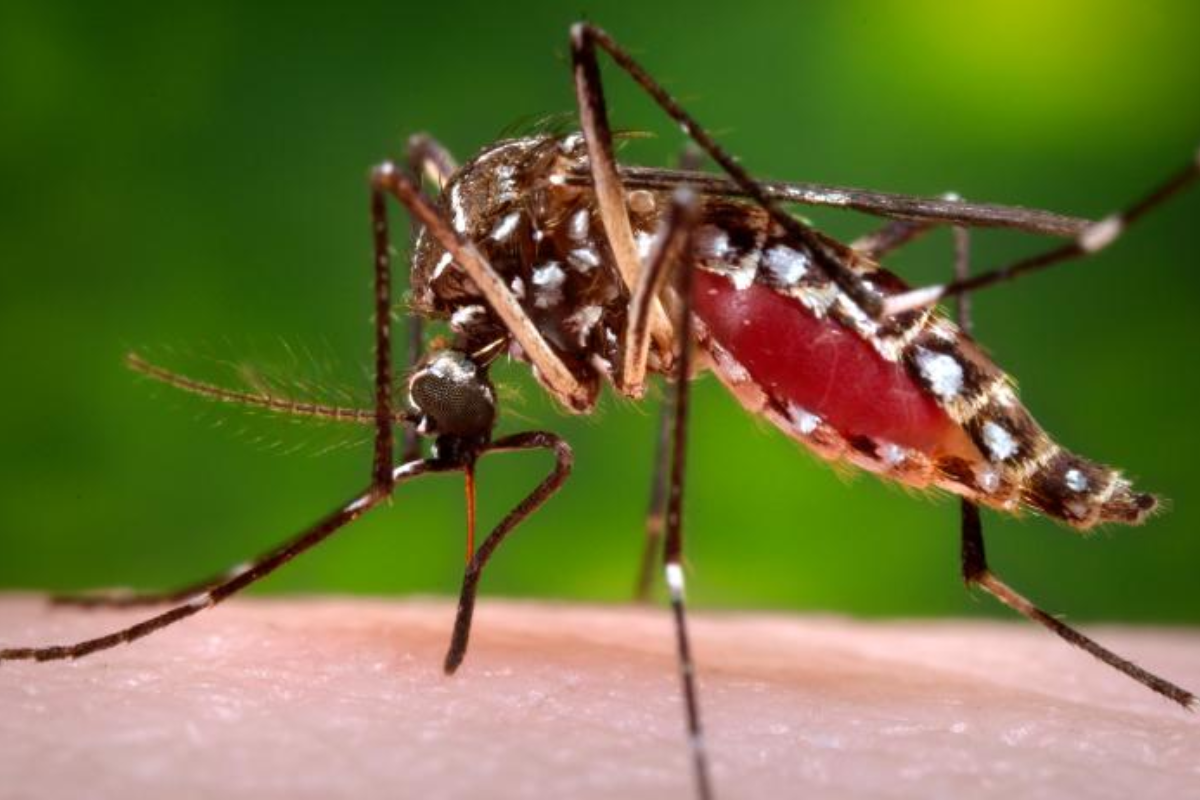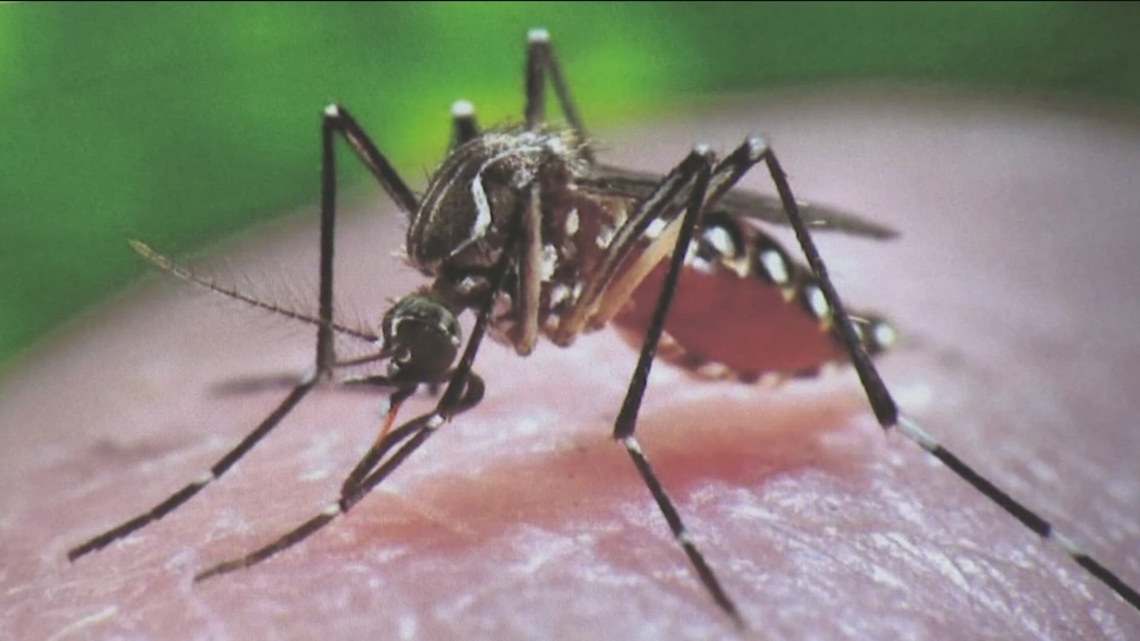The San Diego County Health Department is currently investigating a significant public health issue as it reports the first locally acquired case of dengue fever in the region. The affected individual, a resident of Escondido, contracted the illness without any recent travel to areas where dengue is common.
This marks a pivotal moment in local health concerns, as dengue fever is primarily spread through the bites of infected mosquitoes. As a precautionary measure, the County Vector Control has initiated emergency spraying operations to mitigate mosquito populations and reduce the risk of further transmission of the virus.
The emergency spraying operation commenced over the weekend, targeting approximately 170 homes in Escondido. This effort began on Friday and is scheduled to continue through Thursday, demonstrating the county’s commitment to safeguarding public health.
The treatments are designed to significantly decrease the mosquito population in the area, thereby lessening the potential for the dengue virus to spread. The county emphasizes the importance of these measures in protecting the community from this viral illness.

Dengue fever is a tropical viral disease that manifests typically within four to seven days following a bite from an infected mosquito. Symptoms often include fever, chills, body aches, nausea, vomiting, and rash.
Although most cases resolve within a week, there is a risk of severe illness that can result in hospitalization or serious complications, such as shock and respiratory distress. The emergence of a locally acquired case in San Diego is particularly concerning, given that there have been 49 reported cases of travel-related dengue in the county this year.
Dr. Ankita Kadakia, the interim public health officer for San Diego County, stated that while the risk of widespread transmission remains low, proactive measures are essential to prevent the illness from spreading further.
This sentiment echoes the recent developments in nearby regions, such as Los Angeles County, which reported five locally contracted dengue cases earlier this year. Additionally, cities like Long Beach and Pasadena noted their first cases in late 2023, indicating a growing trend that necessitates vigilance.
In light of the rising mosquito population and related health risks, the county has previously implemented similar vector control measures in various locations, such as Oceanside in September and Mount Hope in July.
To further protect against mosquito-borne illnesses, residents are encouraged to take personal precautions, including eliminating standing water around their homes, using EPA-approved insect repellents, and wearing appropriate clothing outdoors. The county also provides free mosquitofish to help control mosquito breeding in stagnant water sources, emphasizing a community-focused approach to mitigating the risk of dengue fever.
